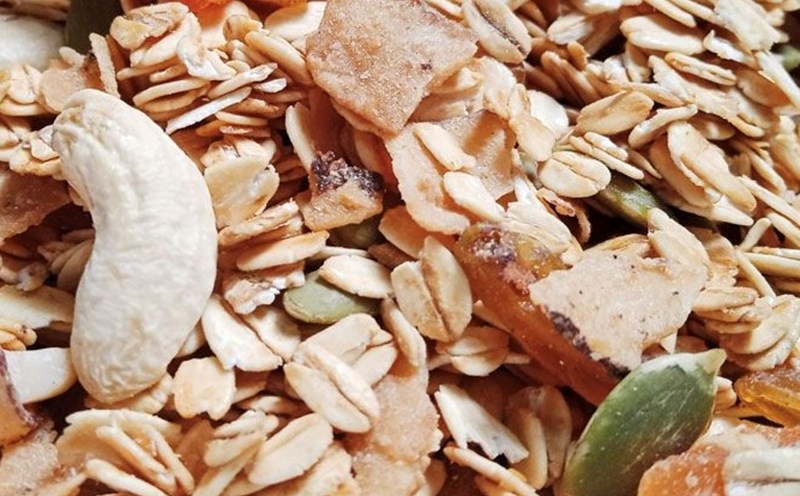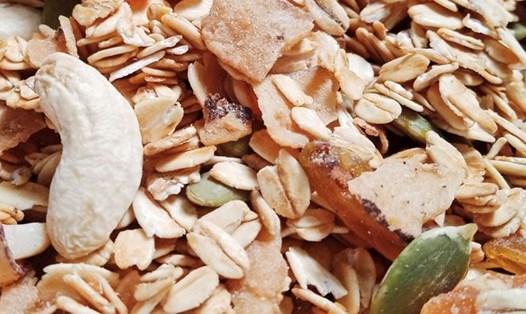Duck meat is a nutritious food, containing a lot of protein, B vitamins, iron and zinc. However, because duck meat has a thick skin and a much higher fat content than chicken, it is often eliminated from the weight loss menu.
However, according to the World Health Organization, duck meat can be completely eaten and still lose weight if you know how to choose the meat and prepare it properly.
100g of skinless duck contains about 140 kcal and 3.6g of fat significantly lower than the same amount of skinless duck (337 kcal and 28g of fat). This shows that removing duck skin is a key factor to reduce energy and fat consumption.
The way duck meat is prepared also has a big impact on calorie intake. The World Health Organization also recommends limiting frying and filming with a lot of fat. Instead, you should use healthy methods such as boiling, steaming, or non-oily baking to retain nutritional value without increasing excess energy.
Research shows that a diet rich in lean protein, including skinless poultry, helps improve metabolic rate and create a feeling of fullness for a long time, supporting the weight loss process more effectively. Lean duck meat, when eaten with green vegetables, whole grains and cut down on refined starch, can become part of a scientific weight loss diet.
People who are losing weight can still eat duck meat if they know how to skin it, choose lean meat, process less fat and eat it at a reasonable portion. The important thing is not the duck meat itself, but the way to integrate it into a balanced, low-energy, and nutritious diet.











